This article was co-authored by Andrea Rudominer, MD, MPH and by wikiHow staff writer, Jennifer Mueller, JD. Dr. Andrea Rudominer is a board certified Pediatrician and Integrative Medicine Doctor based in the San Francisco Bay Area. Dr. Rudominer has over 15 years of medical care experience and specializes in preventive health care, obesity, adolescent care, ADHD, and culturally competent care. Dr. Rudominer received her MD from the University of California, Davis, and completed a residency at the Lucile Packard Children's Hospital at Stanford University. Dr. Rudominer also has an MPH in Maternal Child Health from the University of California, Berkeley. She is a Member of the American Board of Pediatrics, a Fellow of the American Academy of Pediatrics, a Member and Delegate of the California Medical Association, and a Member of the Santa Clara County Medical Association.
There are 8 references cited in this article, which can be found at the bottom of the page.
This article has been viewed 9,029 times.
Bug bites are common, especially in the summer months or if you spend a lot of time outdoors. Typically, you'll see a small red bump. It might hurt a little or itch, and that's it. But if you have an allergic reaction, these symptoms can be more intense. While it's rare for a bug bite to be life-threatening, an allergic reaction can still be tough to deal with.[1] That's why we here at wikiHow have collected some of the best tips and tricks for treating your allergic reaction to an insect bite so it won't slow you down.
Steps
Expert Q&A
-
QuestionWhat can I do to get relief from itching?
 Andrea Rudominer, MD, MPHDr. Andrea Rudominer is a board certified Pediatrician and Integrative Medicine Doctor based in the San Francisco Bay Area. Dr. Rudominer has over 15 years of medical care experience and specializes in preventive health care, obesity, adolescent care, ADHD, and culturally competent care. Dr. Rudominer received her MD from the University of California, Davis, and completed a residency at the Lucile Packard Children's Hospital at Stanford University. Dr. Rudominer also has an MPH in Maternal Child Health from the University of California, Berkeley. She is a Member of the American Board of Pediatrics, a Fellow of the American Academy of Pediatrics, a Member and Delegate of the California Medical Association, and a Member of the Santa Clara County Medical Association.
Andrea Rudominer, MD, MPHDr. Andrea Rudominer is a board certified Pediatrician and Integrative Medicine Doctor based in the San Francisco Bay Area. Dr. Rudominer has over 15 years of medical care experience and specializes in preventive health care, obesity, adolescent care, ADHD, and culturally competent care. Dr. Rudominer received her MD from the University of California, Davis, and completed a residency at the Lucile Packard Children's Hospital at Stanford University. Dr. Rudominer also has an MPH in Maternal Child Health from the University of California, Berkeley. She is a Member of the American Board of Pediatrics, a Fellow of the American Academy of Pediatrics, a Member and Delegate of the California Medical Association, and a Member of the Santa Clara County Medical Association.
Board Certified Pediatrician & Integrative Medicine Doctor You can apply an aromatherapy blend. Add 5-drops of lavender essential oil, 3-drops of frankincense essential oil, and 2-drops of peppermint essential oil to 1-ounce of almond or coconut oil. Apply it to the affected area. It can have a soothing effect and relieve itching. Cool compresses, oatmeal baths, and topical poultices can also be helpful.
You can apply an aromatherapy blend. Add 5-drops of lavender essential oil, 3-drops of frankincense essential oil, and 2-drops of peppermint essential oil to 1-ounce of almond or coconut oil. Apply it to the affected area. It can have a soothing effect and relieve itching. Cool compresses, oatmeal baths, and topical poultices can also be helpful. -
QuestionDoes a hot shower reduce itching?
 Andrea Rudominer, MD, MPHDr. Andrea Rudominer is a board certified Pediatrician and Integrative Medicine Doctor based in the San Francisco Bay Area. Dr. Rudominer has over 15 years of medical care experience and specializes in preventive health care, obesity, adolescent care, ADHD, and culturally competent care. Dr. Rudominer received her MD from the University of California, Davis, and completed a residency at the Lucile Packard Children's Hospital at Stanford University. Dr. Rudominer also has an MPH in Maternal Child Health from the University of California, Berkeley. She is a Member of the American Board of Pediatrics, a Fellow of the American Academy of Pediatrics, a Member and Delegate of the California Medical Association, and a Member of the Santa Clara County Medical Association.
Andrea Rudominer, MD, MPHDr. Andrea Rudominer is a board certified Pediatrician and Integrative Medicine Doctor based in the San Francisco Bay Area. Dr. Rudominer has over 15 years of medical care experience and specializes in preventive health care, obesity, adolescent care, ADHD, and culturally competent care. Dr. Rudominer received her MD from the University of California, Davis, and completed a residency at the Lucile Packard Children's Hospital at Stanford University. Dr. Rudominer also has an MPH in Maternal Child Health from the University of California, Berkeley. She is a Member of the American Board of Pediatrics, a Fellow of the American Academy of Pediatrics, a Member and Delegate of the California Medical Association, and a Member of the Santa Clara County Medical Association.
Board Certified Pediatrician & Integrative Medicine Doctor Avoid taking a shower after you have an insect bite. It may make you feel good at the time. But it can make the insect bite much itchier afterward because heat releases the histamines that make you itchy.
Avoid taking a shower after you have an insect bite. It may make you feel good at the time. But it can make the insect bite much itchier afterward because heat releases the histamines that make you itchy.
References
- ↑ https://www.nhs.uk/conditions/insect-bites-and-stings/
- ↑ https://acaai.org/allergies/anaphylaxis
- ↑ https://www.seattlechildrens.org/conditions/a-z/insect-bite/
- ↑ https://www.nhs.uk/conditions/insect-bites-and-stings/treatment/
- ↑ Andrea Rudominer, MD, MPH. Board Certified Pediatrician & Integrative Medicine Doctor. Expert Interview. 13 April 2020.
- ↑ https://www.nhs.uk/conditions/insect-bites-and-stings/treatment/
- ↑ https://www.nhs.uk/conditions/insect-bites-and-stings/treatment/
- ↑ https://www.seattlechildrens.org/conditions/a-z/insect-bite/
- ↑ Andrea Rudominer, MD, MPH. Board Certified Pediatrician & Integrative Medicine Doctor. Expert Interview. 13 April 2020.
- ↑ https://medlineplus.gov/ency/patientinstructions/000549.htm
- ↑ https://www.nhs.uk/conditions/insect-bites-and-stings/treatment/
- ↑ https://www.hopkinslyme.org/lyme-education/what-to-do-after-a-tick-bite/
- ↑ https://www.seattlechildrens.org/conditions/a-z/insect-bite/
- ↑ https://www.nhs.uk/conditions/insect-bites-and-stings/prevention/
- ↑ Andrea Rudominer, MD, MPH. Board Certified Pediatrician & Integrative Medicine Doctor. Expert Interview. 13 April 2020.
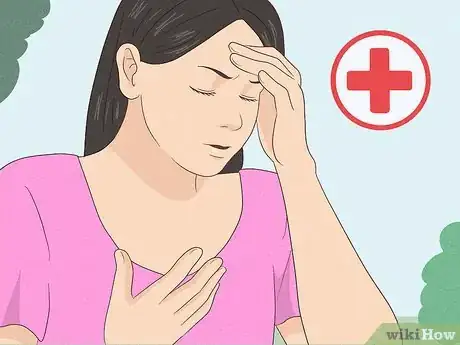
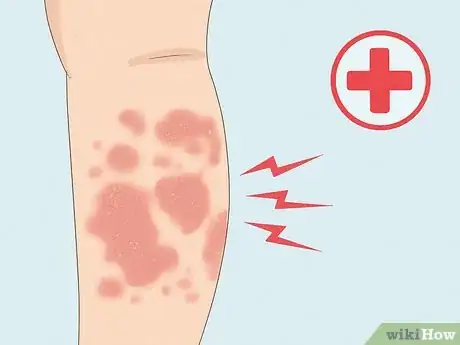
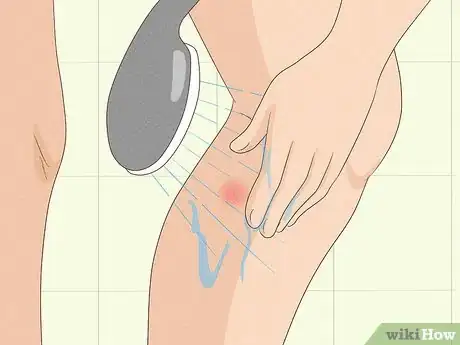
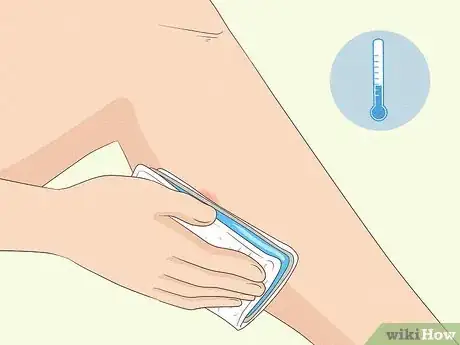

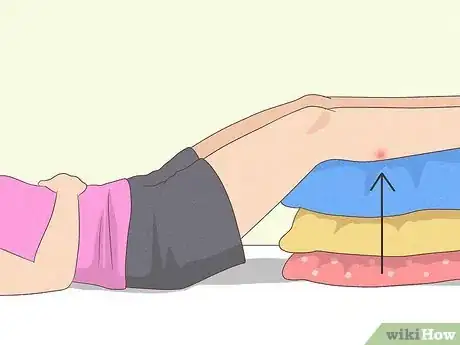
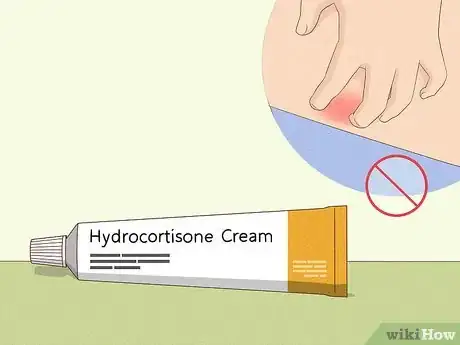
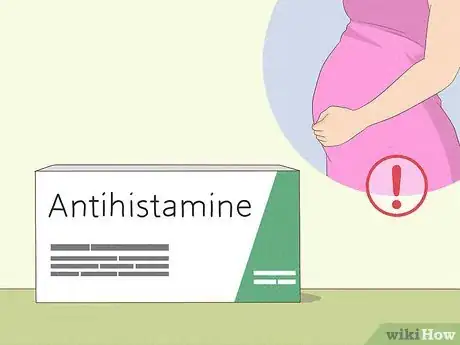
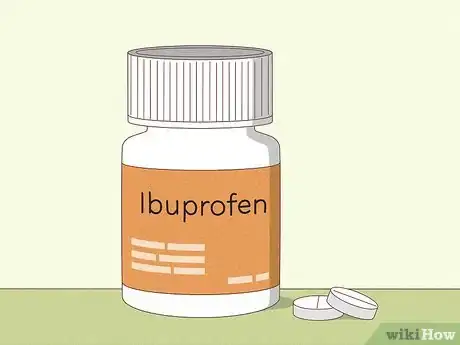
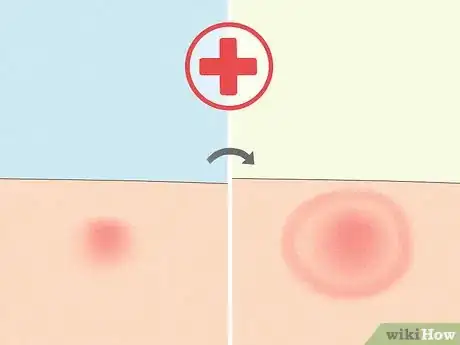
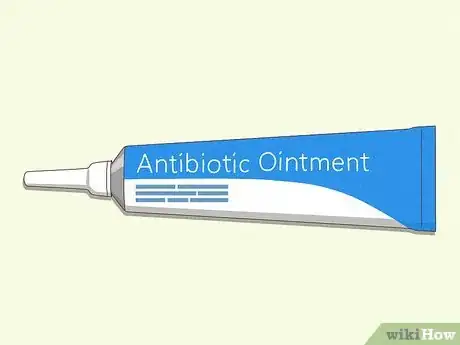
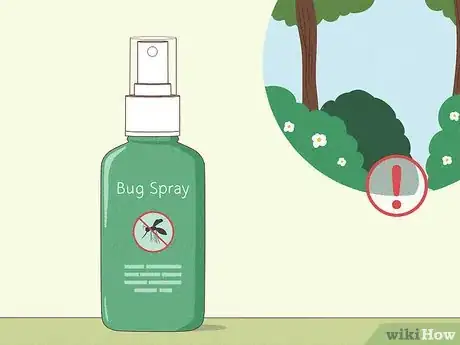

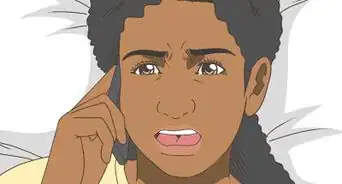







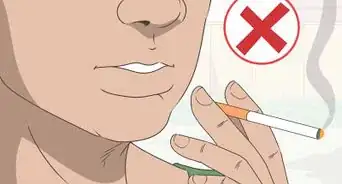
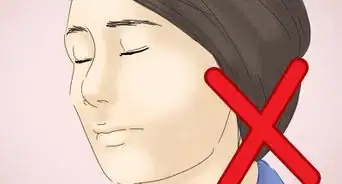














































Medical Disclaimer
The content of this article is not intended to be a substitute for professional medical advice, examination, diagnosis, or treatment. You should always contact your doctor or other qualified healthcare professional before starting, changing, or stopping any kind of health treatment.
Read More...